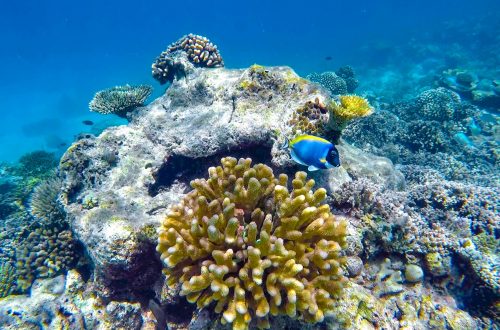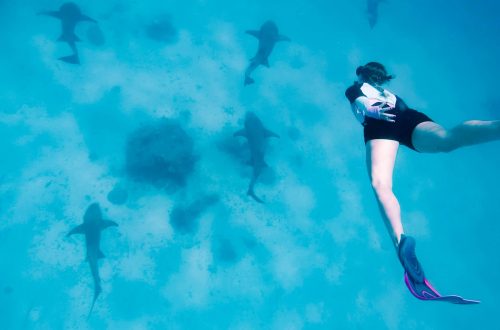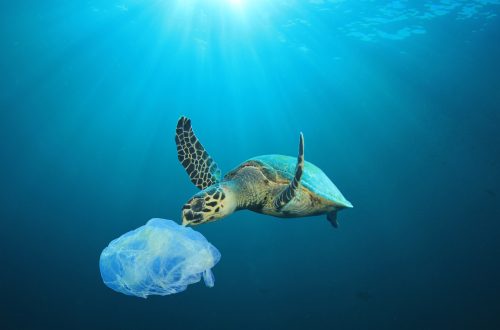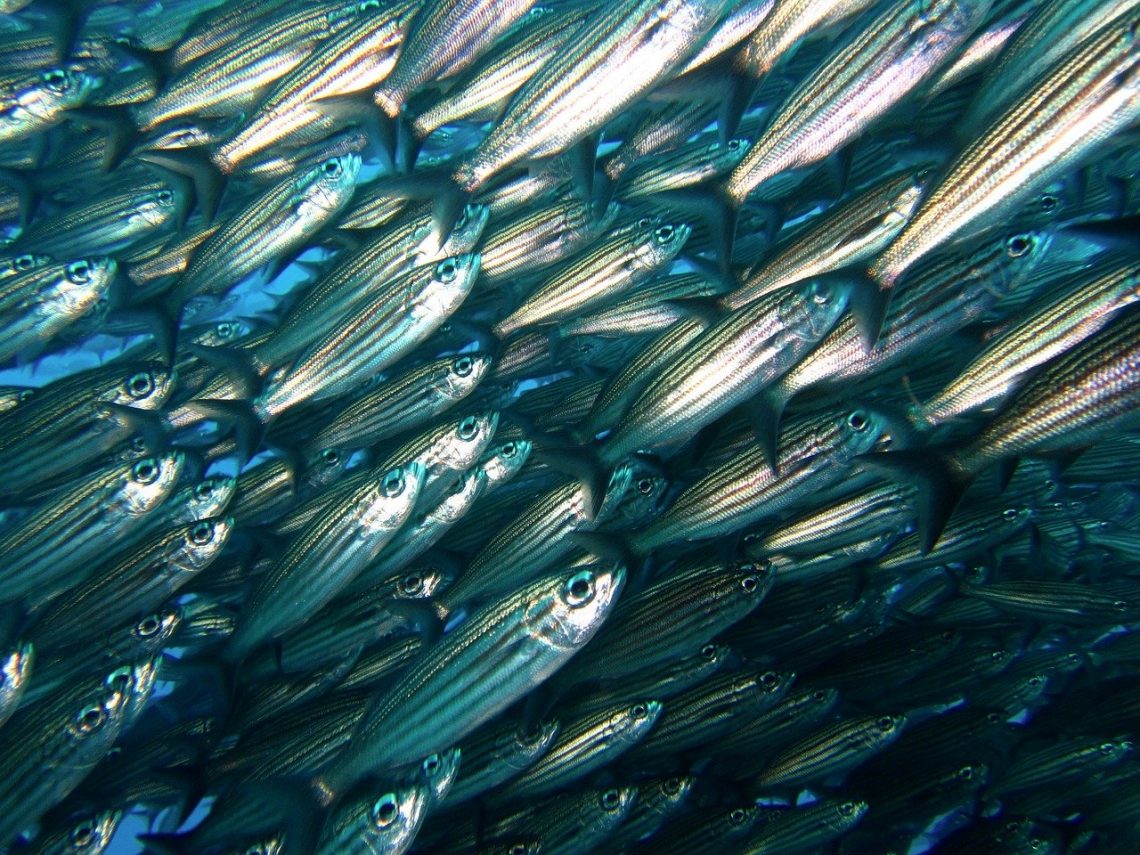
The UK Fishing Industry and Brexit: What’s Going On?
Fisheries
The UK fishing industry has hit the headlines multiple times since the Brexit process began.
It’s a world and an existence that few of us know much about. How often do you give a thought to the people out at sea each day collecting fish for us to eat?
It seems, however, to have become one of the biggest “sticking points” in the Brexit negotiations.
So what is the big deal and what happens from here?
What are fisheries?
If I’m preaching to the choir here, feel free to skip on over this section, but when I started my marine biology degree, lecturers kept talking about “fisheries” and I had no idea what they were no about… so this seems to me to be a good place to start.
To put it simply, the term “fisheries” just encompasses the business of fishing.
It refers to the place where the fish are taken from as well as the occupation of being a fisherman and working in the fishing industry. Commercial fisheries take fish to sell to market for profit. It can involve taking wild stocks of fish, as well as fish farms.
Any time people are catching fish for consumption, you have yourself a fishery.
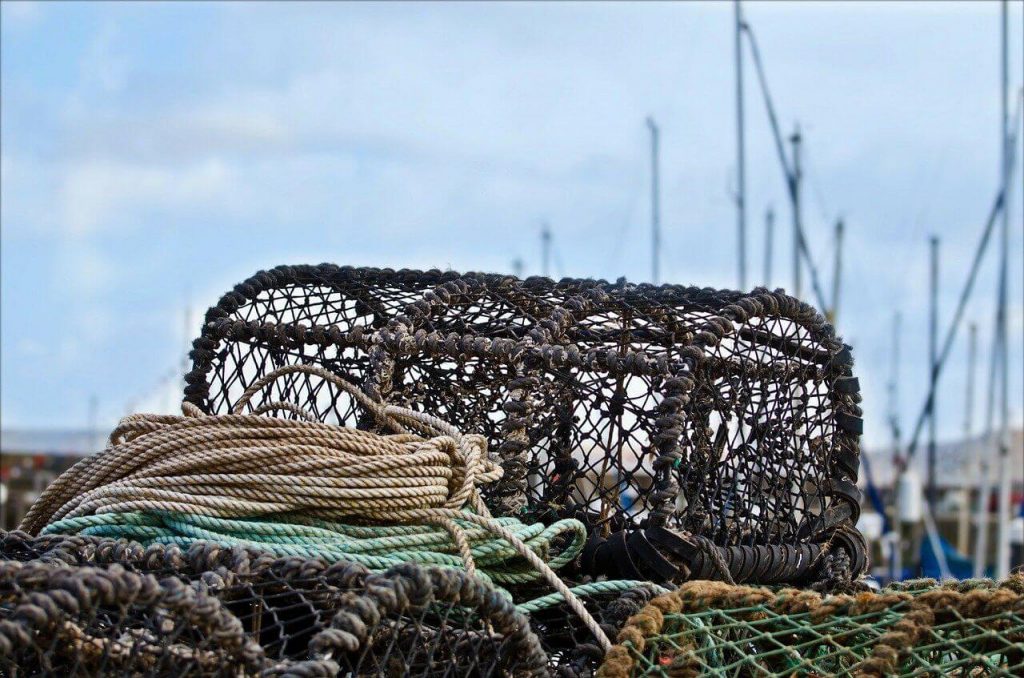
Isn’t this a conservation blog?
One of the biggest services that nature provides us is the ability to produce food, making this an important issue both in terms of conservation and the economy.
These don’t have to be mutually exclusive.
In fact, the system works best when the two work together.
Across the world right now, we are generally overfishing our waters. This is putting a lot of economically important fish stocks at risk, whilst the fish are increasingly being replaced by jellyfish which provide little to no economic value at present (though there are a few ideas in the pipeline for the future).
The economy needs conservation to protect the fish stocks. Conservationists need the fish to hold economic value in order that they will be afforded protection.
A bit of background information…
The UK Fishing Industry
Being an island nation, our fisheries contribute significantly to our economy.
It 2019, it was estimated that the UK fishing industry employs around 12,000 fishermen landing 600,000-700,000 tonnes of fish in a year worth around £987 million. 400,000 tonnes were from UK waters.
This was the second largest catch size in the EU after Norway.
Around 19,000 people are employed in fish processing, which forms another major part of the UK fishing industry.
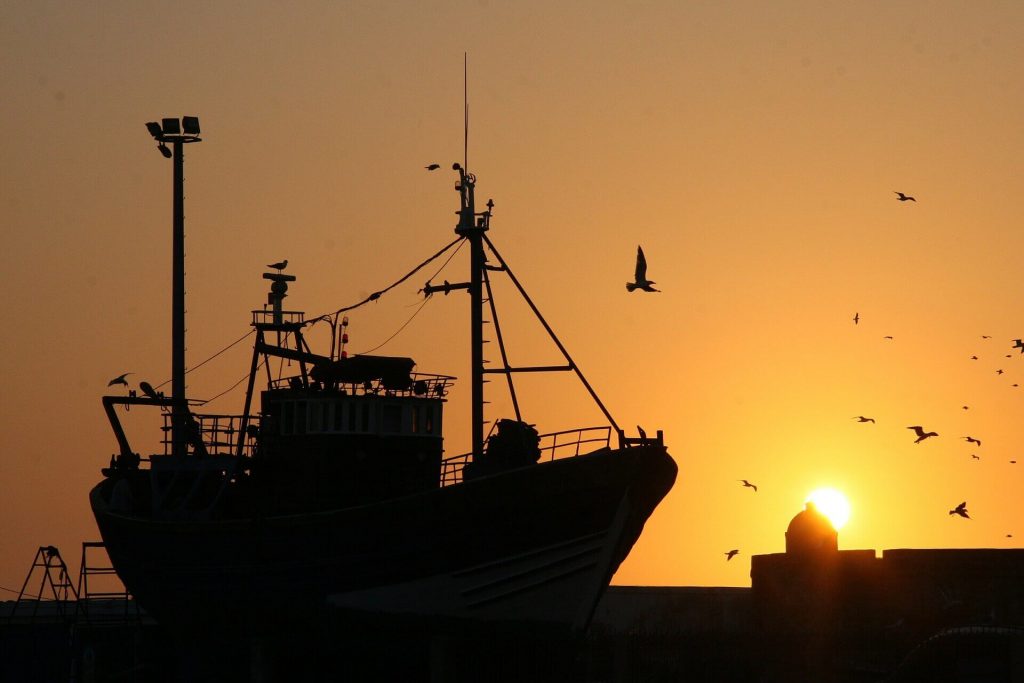
The UK Fishing Industry and EU
Why is the EU interested in UK fisheries?
This is where it gets a bit complicated.
In 1982, the united nations determined that any nation with coastline would now be entitled to an “Exclusive Economic Zone” or EEZ. This would extend 200 nautical miles from their coastline. In these areas, that nation had control over who was allowed to fish what, from where, and when.
Now, EU member states took the EEZs of all member states and combined them all to form what is termed as “EU waters”. The EU governed who was allowed to fish what, from where, and when.
Now obviously, during the Brexit negotiations, the UK wanted to take back their piece of the pie, whilst the EU still wanted their share.
The Common Fisheries Policy
The common fisheries policy is the rules the European fisheries have to abide by.
It was designed to ensure fairness between member nations and to manage fish stocks sustainably. No single species should be fished beyond the point of recovery.
Each country is allowed a quota of fish it is allowed to land per year.
Quotas
In order to ensure that each country has fair access to fish stocks, quotas are set for each nation. These quotas stipulate how many fish of each species can be caught each year in EU waters.
These are set based on a number of factors including the volumes of fish previously being caught by a particular nation, and the reliance of coastal communities on the fishing industry.
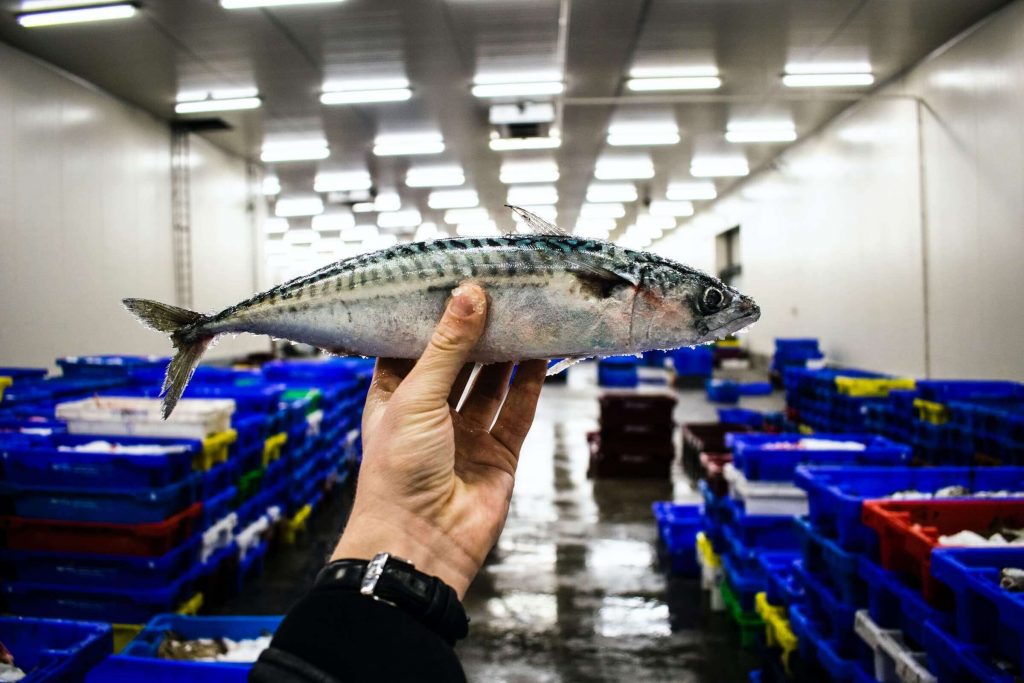
Where does Brexit come in?
Now that the UK has left the EU, we no longer have to abide by the common fisheries policy.
But there has been a whole lot of discussion surrounding what happens instead…
Want it? Can’t have it.
It sounds simple on the face of it, right? If the UK is leaving Europe, we should get our waters back in our control?
Not so fast.
Bear in mind that the EU also relies of British waters for some of its income too. They weren’t going to give that up easily.
Secondly, remember that around a third of the fish that British fishermen land is caught outside of UK waters.
Finally, what I’ve not yet mentioned is that we actually import WAY more fish than we catch ourselves. Somewhere in the region of £1.7 billion in 2019.
Most of the fish that Brits enjoy isn’t caught in British waters. If we want to keep having access to fish like salmon and cod, we need the EU to help us out.
What’s happening now?
Things are changing…but not all at once.
The EU will still receive access to UK waters, but not as much as they previously enjoyed. The EU will “return” 15% of its quotas within UK waters this year, adding 2.5% more each year until 2026.
This applies to 57 out of the 90 categories of fish recognised in the quotas and caught in UK waters.
In short we will experience a net gain in access to our own waters, but lose some access to those in other EU countries.
What does this mean for conservation?
Well… here’s the clincher. Probably not much.
Overall, people will still fish the same areas, for the same fish, in the same quantities. It’ll just be different nations doing it.
Worse still, the UK fishing industry actually ends up exporting more than half its catch INTO the EU.
Why?
Because British consumers aren’t interested in the species in our waters.
In Britain the majority of our seafood consumption comes down to 5 groups: cod, salmon, tuna, prawns and haddock. Much of that is imported.
We have, for example, a good supply of mackerel in our waters…but most of this ends up being exported to the continent where it is much more widely consumed.
In fact, our quotas for one of our favourite fish, cod, which is available in our the English channel, will remain unchanged post-Brexit. 90% is caught by the French to be sold back to us.
From an economy perspective, this is important. From a political point of view, this is huge. If you’re a fishman, this is vital. But for conservation, we are going to need more.
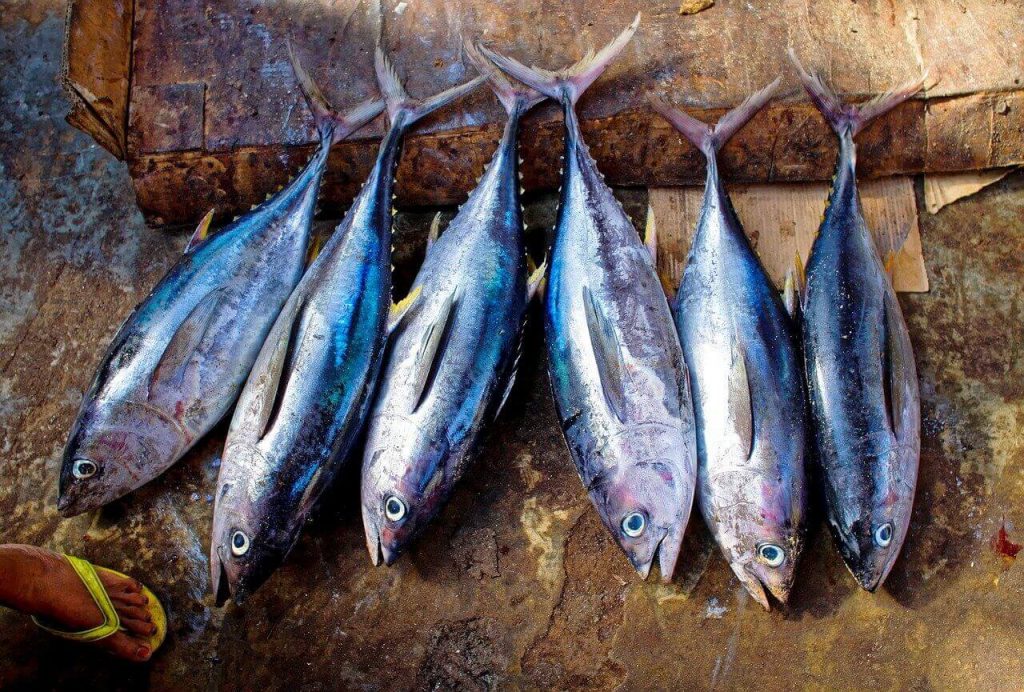
One Wild Thing
Always keep your eyes and ears open. When you vote, consider conservation in your vote. This is a political issue, which needs political solutions.
Oh, and maybe try some mackerel too!



